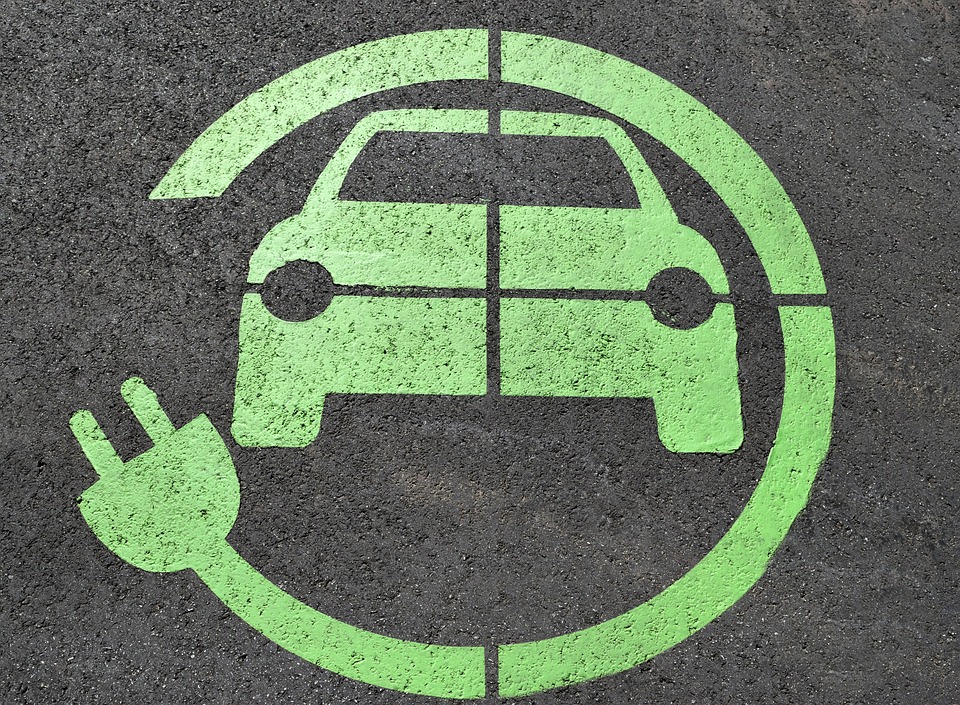When whistleblower Edward Snowden tweeted on the Aadhaar issue, the debate over how this national identity card scheme is allegedly in violation of Right to Privacy, a right considered constitutional after the Supreme Court’s last year verdict, has gone beyond Indian borders.Also, while comparing the Indian project with that of UK, senior lawyer Kapil Sibal made a point in the Supreme Court that UK’s biometric project was dropped in 2010 on the basis that ‘government is a servant of people, not the master.’
Aadhaar, a nation-wide biometric identity project run by UIDAI, has remained a bone of contention since its inception.Below, we are discussing three major issues brought up in the debate on Aadhaar now and then;
- Aadhaar database is vulnerable to leaks
For
- At the heart of the debate lies the argument by denouncers of Aadhaar that the database is vulnerable to leaks compromising privacy and security of citizens
- A newspaper lately published a report on how access to Aadhaar database can be attained with a mere INR 500 paid as illicit kickbacks
Against
- The government has argued in the court that is hearing a raft of petitions challenging the constitutionality of the Aadhaar Act by saying that all data is safe and moreover, Aadhaar doesn’t have banking or other crucial financial and personal details of the subscribers hence any fear of data leak and its misuse is unfounded.
- Aadhaar database can be used for profiling of individuals by government
For
- The Government may make it as a tool of state surveillance and profiling of individuals, thus rejecting benefits to those who may not be the vote-bank of the political party leading the country.
Against
- UID database stores only the time of authentication, not the reason or location of authentication.UID doesn’t have any information on where or why Aadhaar isused.
- Aadhaar should not be mandatory to avail social welfare schemes
For
- In October 2015, Supreme Court clarifiedAadhaar’s optional status and reaffirmed the same in 2016. However, the government made it mandatory, gradually, to link the same with various welfare schemes, Income-tax filing, etc. The UK biometric project failed mainly due to the mandatory requirement inserted in the same.
- The right to privacy will become redundant
- Many SC, ST, and socially backward people, etc., who live in rural India, might find it difficult to get an Aadhaar card, being illiterate and lacking identity proofs
Against
- The Government has saved millions by plugging loopholes and weeding out false beneficiaries of state subsidies. Proponents of the programme say that Indian records are riddled with fake beneficiaries, which doesn’t allow benefits to reach the intended parties.
The debate has reached the topmost decision-making body in Indian democracy, the Supreme Court; it may soon be decided whether Aadhaar can be made compulsory for accessing services like bank account, filing of Income Tax return and for receiving LPG subsidies and scholarships.
Till then the government, as well as the court, has agreed that other identity proofs can be used in place of Aadhaar for the time being so that no one is denied access to any welfare services. However, this is not applicable for non-welfare activities.
Suvipra view
- Renowned economists and researchers of the 21st century have pointed out that data is the new oil and this ‘world’s most valuable resource’ according to leading English language magazine, The Economist, will shape the new financial order.Even a minuscule breach than in the Aadhaar database, the world’s largest of its kind, should be a matter of concern
- A person has to give his Aadhaar number and mobile number or biometrics for verification. All this information is then sent to the UIDAI for cross-checking. Although UIDAI database is encrypted, there is no clarity if encryption exists during verification and authentication as well
- Under national security clause, most of the databases will be accessible to the government, threateningright to privacy which is a pre-condition for civil liberty
- Making Aadhaar mandatory will promote good governance and help identify illegal immigrants. But the question whether the government’s bureaucracy is equipped to handle Aadhaar database or not remains
- Here, we do not subscribe to any of the conflicting theories propounded by the advocates of the Aadhaar scheme on one side and its critics on the other. What we seek is a state of affairs in which a person’s privacy is not violated, and at the same time, the state also achieves its target of wiping out false beneficiaries of government funds.
Disclaimer – The views or opinions expressed in the article are the personal opinions of the author and do not in any way reflect the views of Suvipra except where specifically mentioned. Suvipra does not assume any responsibility or liability for the same.
To get your article published on Suvipra.com, refer our guidelines Guidelines
Contribute article Contribute









